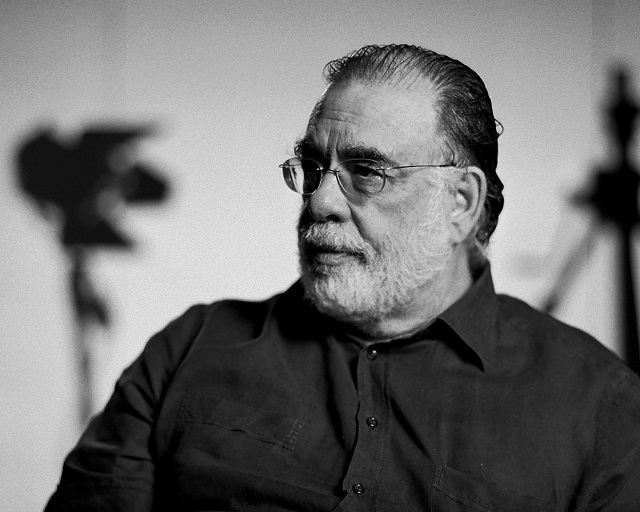Writing is a solitary occupation. Publishing, not so much. Long before a book gets anywhere near a reader it should, hopefully, have gone through the hands of beta-readers and editors who are important for quality control. Once published, readers have their say via Amazon, Goodreads, other online book sites and of course, social media. Every step offers the potential for negative feedback.
Research shows people who can handle criticism tend to be more successful than those who can’t. With that in mind, here are 5 strategies for dealing with negative feedback as a writer:
1. Find Your Wise Critic
“Should you find a wise critic to point out your faults, follow him as a guide to hidden treasure.” Gautama Buddha
Your first step to finding your wise critic, according to novelist, screenwriter and game designer, Chuck Wendig, is, “Understand: not all criticism is created equal…Good criticism feels distant, even a little dispassionate, and it doesn’t take ownership of the work — it views it as a third party, not a primary source.”
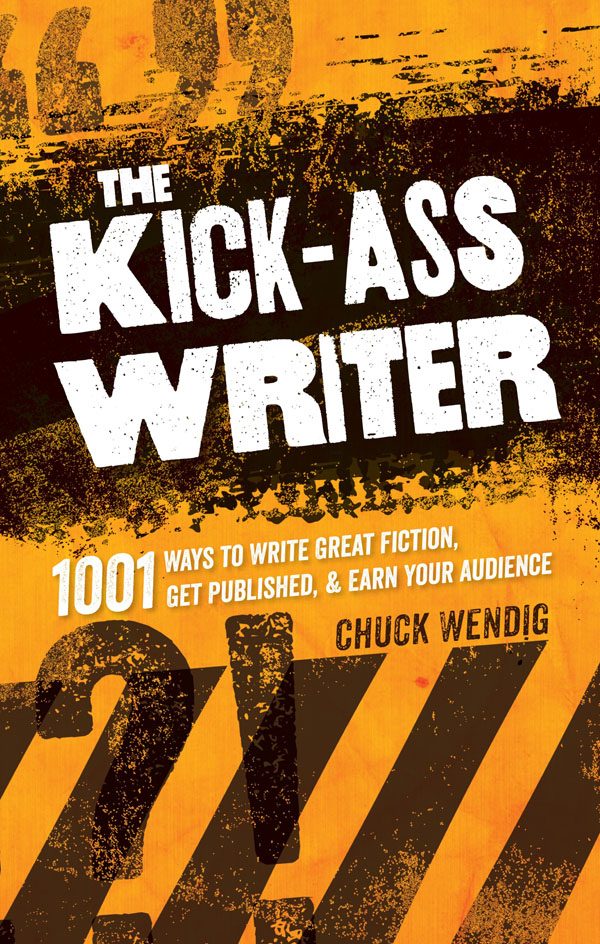
Source: Amazon
2. Develop A Thick Skin
Not everyone will love your work and not everyone’s feedback will be constructive, let alone kind. Author and blogger, Kristen Lamb tells writers to grow a “rhino skin.” As she advisers on her blog, “Professionals get tough. It’s how we mature and keep getting better. It isn’t the world’s job to babysit our egos.”

Source: Amazon
3. Don’t Shoot The Messenger
Our first response to negative feedback is to become defensive, and our second is to find fault with the criticism or the person giving it, usually along the lines of “they don’t understand” or “they missed the point.” Author and writing coach Tahlia Newland calls this “the classic defensive maneuver” because it’s practically an automatic response. The good news is you can break the habit just by being aware that you are doing it. Step back, and take a breath.
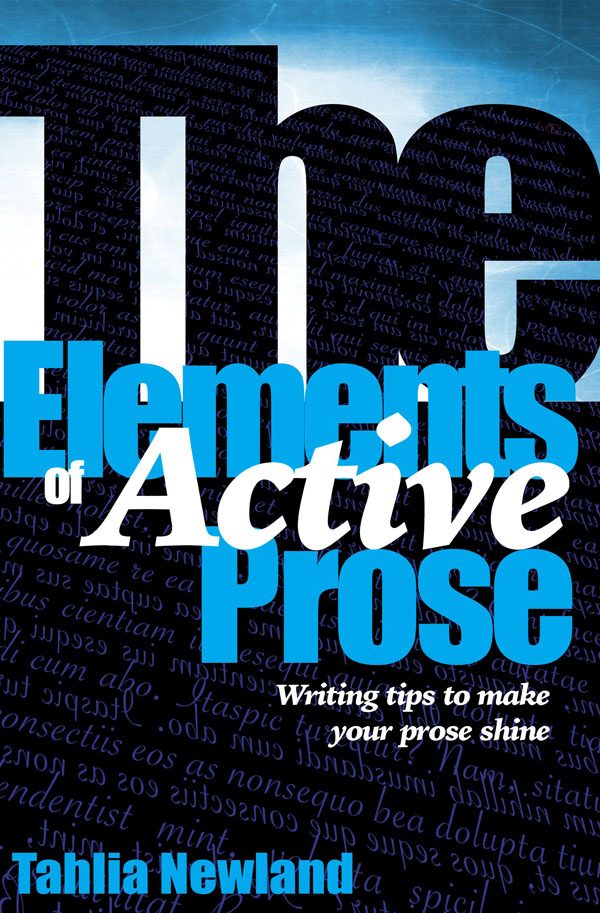
Source: Amazon
4. Don’t Attack The Reviewer
There are several examples of authors trying to engage with reviewers who have given them negative feedback, and it always ends in tears. Kathleen Hale is one author who seriously overstepped the mark in this regard. In reference to Hale’s actions, Sarah Wendell, of the Smart Bitches Trashy Books blog, has this advice, “A review is not an invitation to an author for a discussion about the review or the reviewer’s opinion… chasing people down, arguing with them about what they said, rounding up other people to tell that person they are wrong, is not helping. It’s attempting to quell what could be a beneficial conversation.”
Wendell’s essay on this subject is included in Book: A Futurist’s Manifesto.
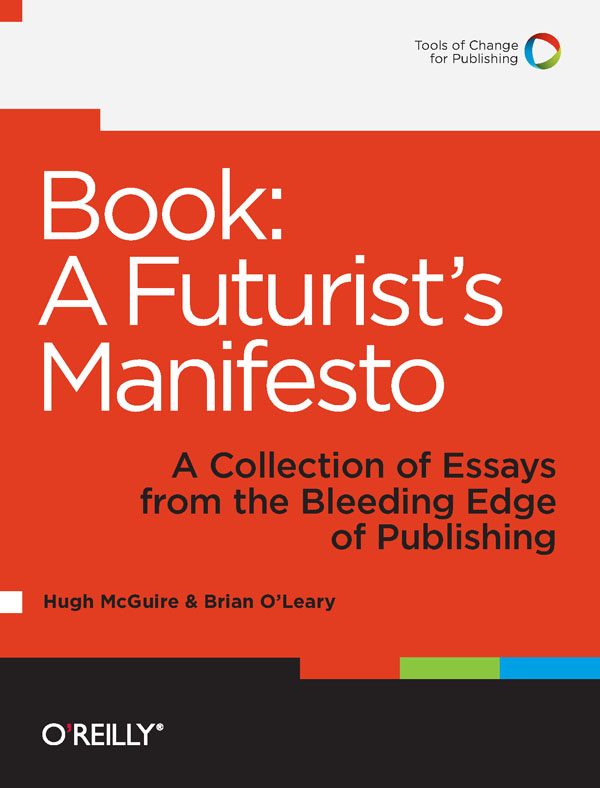
Source: Amazon
5. Remember: You Can’t Please Everyone
The final piece of advice comes from Stephen King: “If you write (or paint or dance or sculpt or sing, I suppose), someone will try to make you feel lousy about it, that’s all.”
According to an article on Business Insider, the revelation that every decent writer has been accused of being a waste of talent gave King the confidence to say, to those trying to make him feel lousy about his writing, “If you disapprove, I can only shrug my shoulders. It’s what I have.”
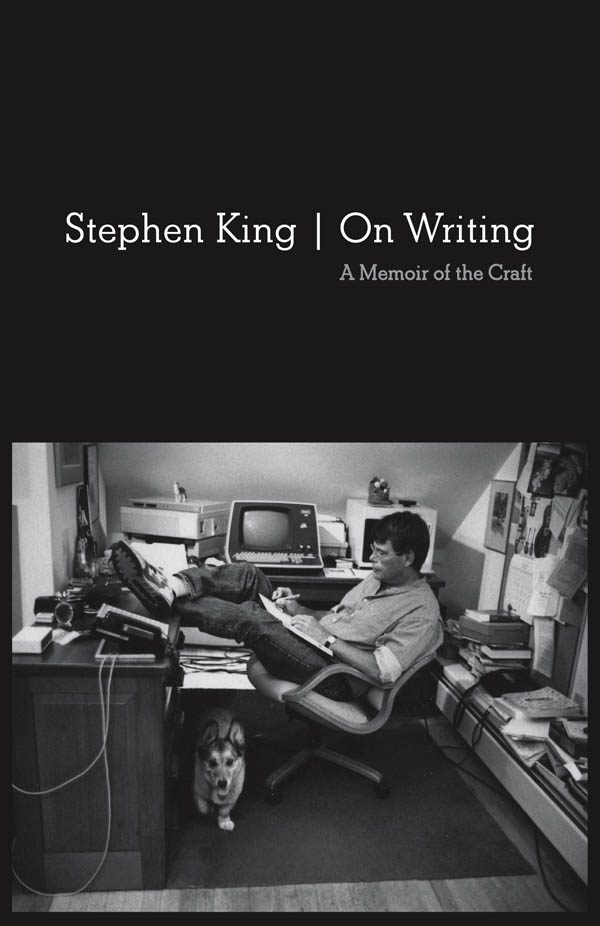
Source: Amazon
Learn how to receive and process feedback in a positive way and save your energy for what is important: writing.
https://www.youtube.com/watch?v=0RUsrw5R7CM
YouTube Channel: thelifeofawriter
Featured image via Pixhome
